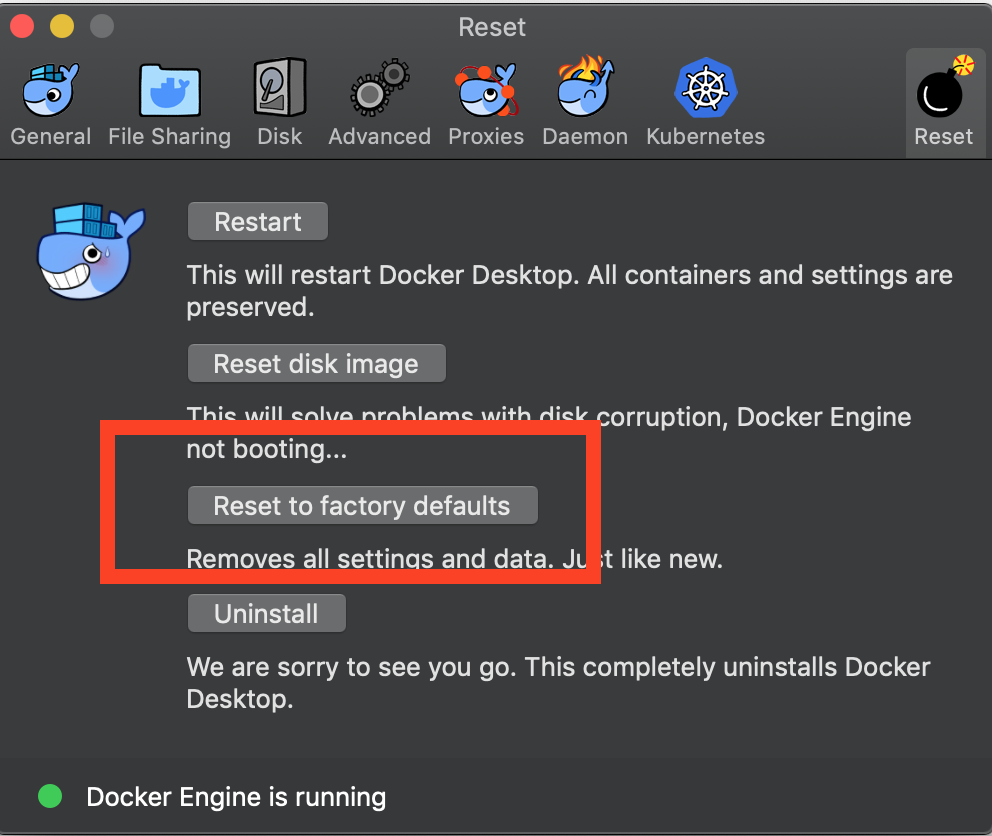I concur with this. For me, it works occasionally and the only way to make it work is reinstalling docker.
I tried the steps in this issue but did not work.
In my case I try to connect to a db instance in a aws vpn. In the host I try:
telnet <db_host> <port>
and succeeds connecting to it while in the docker instance I get Host unreachable or Operation Timeout.
 .
docker0 using 172.17.x.x as address. so if your vpn address is in the same subnet, it will route to docker0. the above setting change the docker0 ip address. than it can rote correctly.
.
docker0 using 172.17.x.x as address. so if your vpn address is in the same subnet, it will route to docker0. the above setting change the docker0 ip address. than it can rote correctly. 

Expected behavior
When I'm connected through a VPN I should be able to access the VPN network inside a container.
Actual behavior
When I'm connected through a VPN I cannot access the VPN network, either by hostname or by IP.
Information
Diagnostic ID: FD552713-528B-478F-9BA6-8A6528AA18A4
Steps to reproduce the behavior
Additional informations
This was working perfectly fine when I was using Linux with the same client.